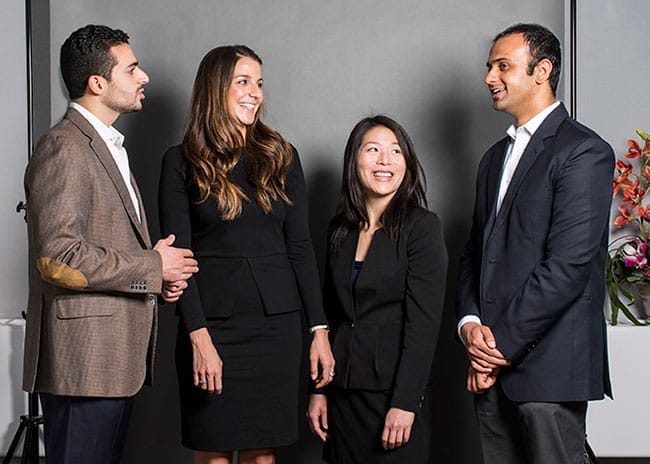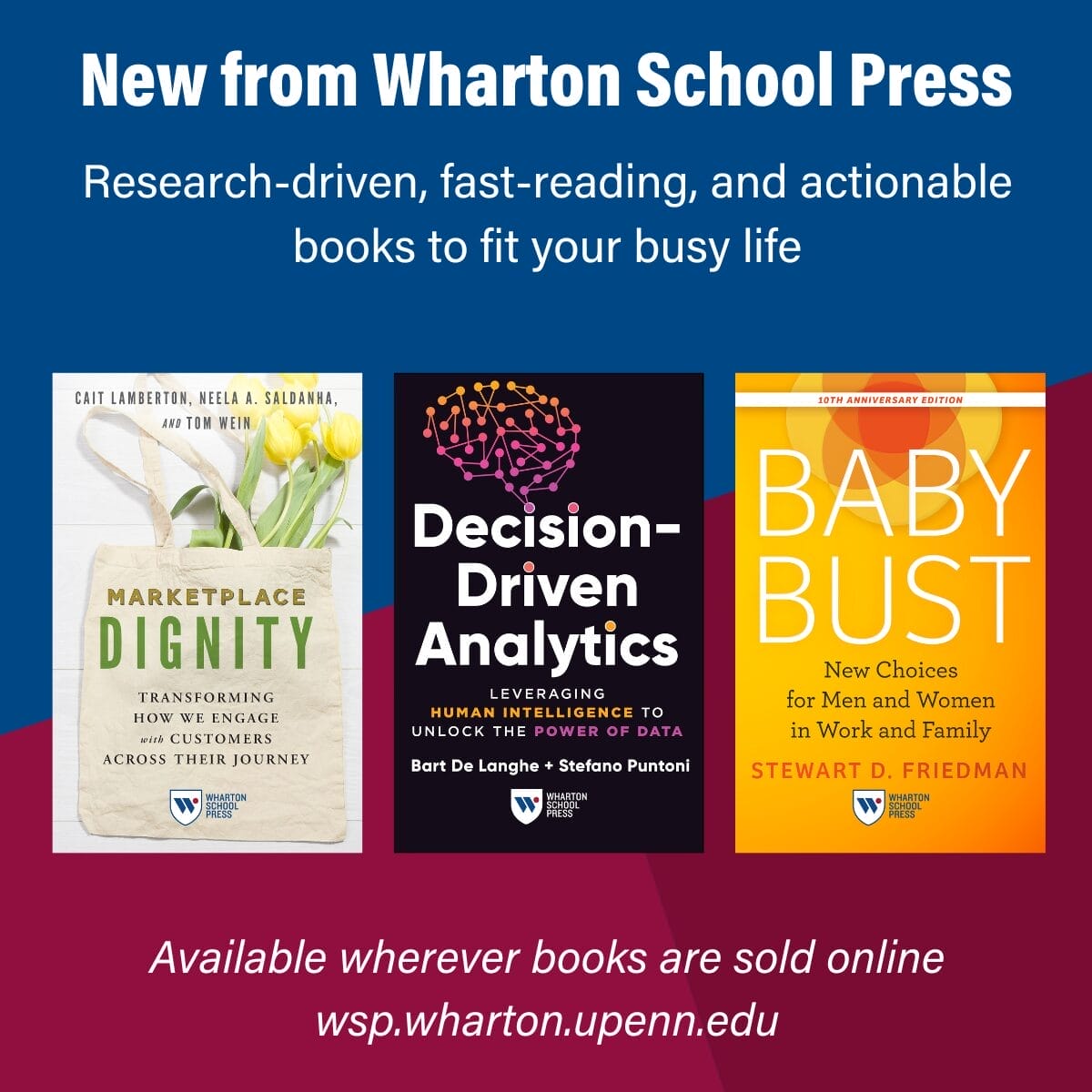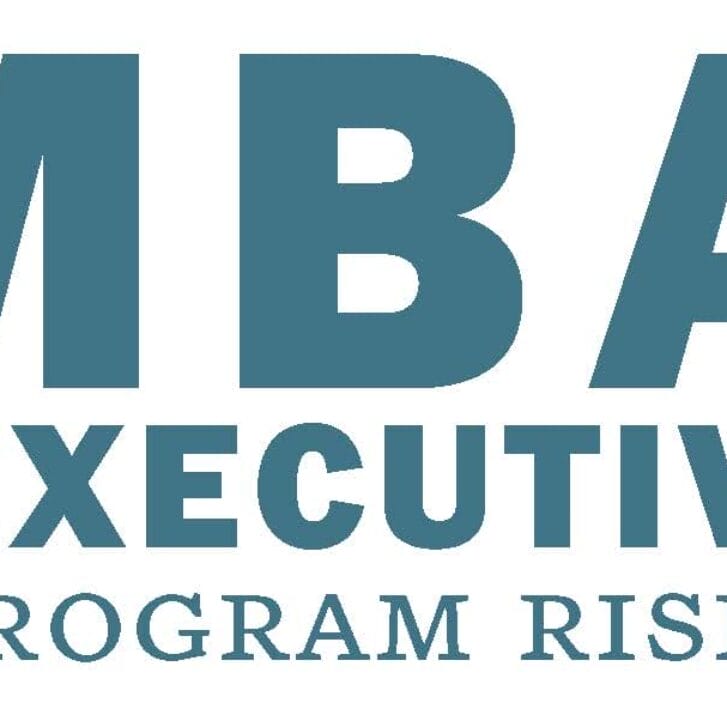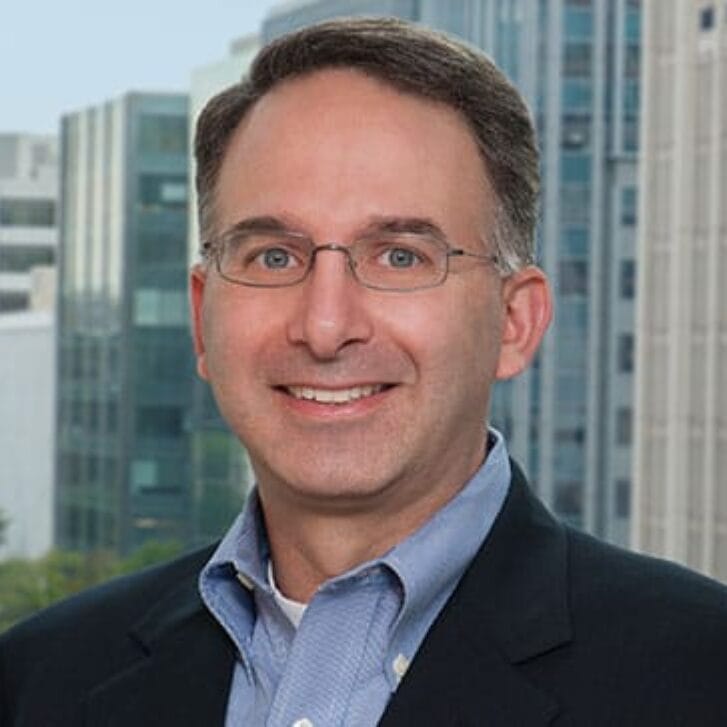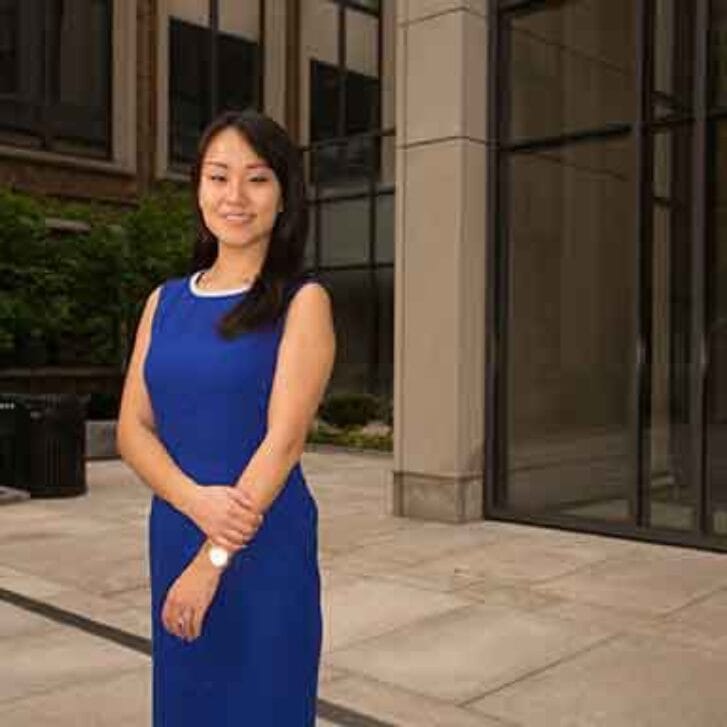If you ever need a reminder of how a macroeconomic event can tear through the microeconomic level, consider the case of Jorge Mazal, WG’14.
In late 2001, as he was preparing to leave home to attend college in the United States, a severe depression in Argentina’s economy unleashed a hornet’s nest of bad tidings on the country: high unemployment, riots in the streets, the fall of the government and the end of the peso’s fixed exchange rate to the U.S. dollar. Since the crisis began in 1998, the national economy had shrunk by 28 percent. More than half of all Argentines were now poor, and Mazal and his middle class family faced some harsh new realities.
“After I got accepted to Brigham Young University,” he says, “I could no longer afford to go there.”
Fortunately, the university offered him an academic scholarship that would pay for half his economics degree, but Mazal would need to take an on-campus job at the BYU laundry to cover the rest.
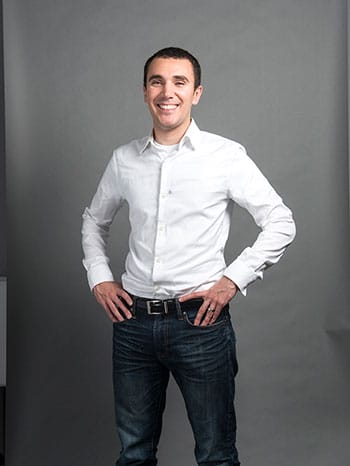
Jorge Mazal was unable to attend our photo shoot with the other fellows because he was finishing up an MPA at Harvard, but he was kind enough to share his time during Commencement weekend for his own shoot.
“I worked there for my first 12 months until I was able to get a full-tuition academic scholarship for my sophomore year,” he says, “which ended up being after my two-year mission.”
During his missionary work among the Spanish-speaking populations in Colorado and Kansas, he spent his time “talking to people, doing service projects and just being there for people who are struggling with trials in their lives.
“That’s when I realized I wanted to be more hands-on, not just an economist at an institution,” he says.
When he returned from missionary work and graduated, his first position in 2008 was in marketing, but he never stopped looking for ways to improve others’ lives.
“I knew that I wanted to spend at least part of my career helping immigrants and minorities and refugees here in the U.S.,” he says. To that end, he began volunteering—and eventually worked full-time—at the Pete Suazo Business Center in Salt Lake City, where he helped create 500 new jobs for entrepreneurs in the immigrant community through mentoring, classroom teaching, and providing help in obtaining business loans from traditional and nonprofit lenders.
Two years into the job, however, he realized he’d need more educational firepower if he was to effect change on a bigger scale. Financing his dream degree—a Wharton MBA—would not be a simple matter—that is, until he learned he was the recipient of a Baker Sr. Memorial Fellowship that provided a partial scholarship.
Now having graduated with a dual MBA/MPA from Wharton and Harvard’s Kennedy School of Government (where he concentrated on education and decision science), he realizes he spent his time at Wharton building his tech skills “into a socially meaningful way,” he says.
“The fellowship program is making a difference in the lives of students who will go out and make a difference in the lives of other people,” Mazal says.
To burnish the skill set he’ll need as a successful entrepreneur, his next move is a fellowship at Silicon Valley venture-capital firm Kleiner Perkins Caufield & Byers. He envisions a day when he will be at the helm of a tech-based social enterprise, continuing his fight against joblessness.
Selecting Fine Fellows
Choosing which students receive Wharton fellowships is not an easy task; approximately one in three incoming MBA students receive one, ranging from $10,000 to full tuition. Those Wharton staff members engaged in the selection process say it is enjoyable nonetheless.
“Being able to award fellowships to students is one of the most fun parts of our job,” says Maryellen Lamb, deputy vice dean of Wharton MBA admissions, financial aid and career management.
The process is conducted by a joint committee made up of staff from both Admissions and Financial Aid, which utilizes metrics such as professional development, personal qualities and leadership, says Lakeisha Bishop, director of financial aid.
[pullquote align=”right”] “I’m grateful as the financial support encouraged me to choose the high-impact career option.” [/pullquote]“But all of our admits have those types of qualities,” Bishop adds. “So it’s often very difficult to distinguish and award.”
The effort is worth it, as Bishop says the fellowship program’s institutional value “echoes throughout Wharton.”
“On the donor side,” Lamb explains, “we have a lot of interested donors who want to see us attract top talent. And from the student perspective, it provides a level of continuity between the fellowship and their time as a student. There’s a good deal of pride in being able to receive a fellowship.”
One such proud recipient is Alcira Rodriguez Anton, WG’14, who was raised an hour south of Mexico City and received a degree in mathematics at the University of Notre Dame before joining Deloitte as a health care industry consultant.
As her work focused more on hospitals and hospital management, she began to realize that her ambition was outstripping her education.
“Part of why I applied to Wharton was the strength of its Health Care Management Department,” she says. “It’s the longest-standing … and there’s a big network after you graduate in all segments of the industry.”
After Wharton, she is headed to Deloitte’s New York office to do strategic work exclusively with hospital systems, and she has the Henry Ralph Ringe Fellowship to thank for that.
The fellowship afforded her the opportunity to do 10 weeks of strategy work for Primary Children’s Medical Center, a nonprofit children’s hospital in Salt Lake City—an internship she was able to choose “given my passions and interests rather than financial reasons,” she says.
“You’re seeing the children every day when you go to work and you realize you can impact them,” she says. “If your work helps the hospital to take care of one more patient, that’s a really big impact.”
That idea of giving back is baked into the very concept of the Wharton fellowship program, says Bishop.
Completing the Circle
Another case in point is Maitham Albaharna, WG’14.
The recipient of a Wharton Ibn Khaldoun Fellowship, which is funded by Middle Eastern alumni and provides a percentage of total tuition costs, Albaharna expresses great admiration for those who give back, and he believes it’s very inspirational to have been in contact with the donors, who are in much later stages in their career.
“I look up to people who contribute to the Wharton community,” he says, “and hope to contribute to future generations of Wharton students one day when I am in a position to help.”
[pullquote align=”left”] “The fellowship program is making a difference in the lives of students who will go out and make a difference in the lives of other people.” [/pullquote]Having grown up in the kingdom of Bahrain, Albaharna graduated from the University of Toronto with a degree in economics before moving to Dubai to work for Booz & Co. as part of a team advising regional governments on education, immigration and labor policies.
“That was the turning point that opened my eyes to the main issues facing the region and the role I can play in resolving them,” he says, “It pushed me away from my initial ambition to return home and follow the family business path”—either his grandfather’s real estate and printing business or his other grandfather’s diversified conglomerate.
Rather than deciding between going to public policy school or business school, he did both, simultaneously pursuing the Master in Public Administration and International Development (MPA/ID) program at Harvard’s Kennedy School of Government and the MBA track at Wharton.
Upon graduation, he will work for McKinsey & Co. in Washington, D.C., focusing on social-sector projects, with the aim of getting some relevant international experience before he moves back to the Middle East. His long-term goal remains to drive effective economic development reform in his home country, Bahrain.
He will forever remain grateful for the true value of the fellowship, beyond simple dollars and cents.
“The big financial drain [of higher education] makes you want to look for a job that will let you pay back the big burden,” he says. “So many [graduates] find themselves looking for high paying jobs and not the ones they want to pursue because of their passions and interests.
“The fellowships play a big role in giving people the freedom to pursue what they wouldn’t have otherwise,” he says.
Pursuing Passion, Building Confidence
Venkatesh Saha, C’02, ENG’02, G’14, WG’14, believes, too, that fellowships have inspired him to pursue his calling.
Prior to attending Wharton, Saha built his career in India and Africa. At ICICI Bank, he worked toward developing homefinance solutions for low-income communities. Next, he joined Bain & Co. as a management consultant, then moved to Africa to serve as the strategic adviser to the Rwandan finance minister on a secondment from the Tony Blair Africa Governance Initiative.
“It is rare in one’s life to have the opportunity to build trust with a cabinet member and then use that trust to make the right decisions and positively influence the course of a nation,” he says. “It was a unique exposure to the challenges of reconciliation and economic development in a post-conflict country.”
Despite the responsibility and knowledge he got from the experience, he realized, to fulfill his aspiration of taking on a similar role in India’s government, Saha would need the prestige and skillsets from top-flight academic coursework: Penn’s MBA/MA Lauder Program.
On campus, Saha found many opportunities to remain involved with his passion, Africa. He served as teaching assistant for the Rwanda Global Modular Course, as a Wharton Africa Students Association board member and as leader for Wharton’s first admissions information session in Kigali.
He was awarded the Wharton India MBA Fellowship and a Lauder Institute Fellowship, followed by the Henry and Marcelle Morgenthau Fellowship during his second year.
“I’m grateful as the financial support encouraged me to choose the high-impact career option,” says Saha, winner of the 2014 Paul Green Knowledge Creation Award. “It is encouraging because someone sees value in you and knows that you will continue to pursue things that you are passionate about.”
For Manhattan-born and Brooklyn-bred Sharon Man, WG’14, the confidence she received from her Wharton MBA education— and the fellowship that went along with it—has helped her expand her horizons.
After graduating with an economics degree from Dartmouth College, Man went to work in energy investment banking at Bank of America, in part to help fill in the business blind spots left behind from her liberal arts education.
“We knew what financial statements were, but only in theory,” she says of her undergrad days.
She then moved into restructuring and turnaround consulting, an experience that was as enlightening as it was draining. While she was getting more involved in the operational side of companies, the 24/7 consultant lifestyle and the overall depressing nature of restructuring work made her rethink her long-term career goals—and the tools she’d need to achieve them.
At Wharton, she majored in Entrepreneurial Management and Operations and Information Management, and she takes that knowledge next to American Express.
“[AMEX] is a place where I can have an interesting, long-term career and feel a strong, direct connection with the company’s products and customers,” she says.
She remains thankful for the unique experiences her fellowship afforded her, which freed her to pursue her varied interests, from joining the boxing and sailing clubs to becoming a teaching assistant for Management 101 classes.
“It was a great thing coming in to know that I had that financial support,” she says. “It gave me more room to move in terms of exploring all those opportunities that are out there.”




















